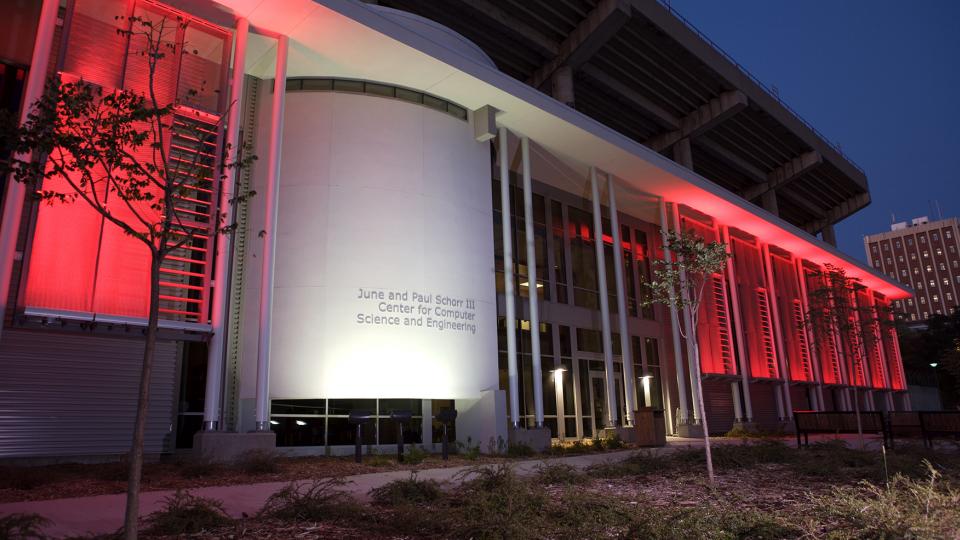
The University of Nebraska–Lincoln’s Holland Computing Center is doing its part to offer relief in the form of computational resources during the COVID-19 pandemic.
HCC is a member of the Open Science Grid, a network of organizations that provides computing services for many types of science research. OSG has recently teamed up with institutions like Brookhaven National Laboratory and Fermi National Accelerator Laboratory to help fight COVID-19 by offering their computational power to researchers studying how to combat the virus-borne disease.
HCC is both a resource provider and a pool of expertise to onboard COVID-19 computational research. HCC’s supercomputers are being used for several virus-related research projects, including one at Stanford University studying the RNA tertiary structure prediction for COVID-19 UTRs.
HCC’s computing resources are also currently being used for Folding@Home, a project simulating how viral proteins fold to help other scientists design better therapeutics. Computer science research assistant professor Derek Weitzel developed and is managing the submissions for Folding@Home, running jobs across 40,000 processors on the Open Science Grid.
“I am proud to contribute to the Folding@Home COVID-19 effort to develop treatments for this pandemic,” said Weitzel. “The Holland Computing Center (HCC) personnel have the unique expertise to scale COVID-19 research across the Open Science Grid. HCC's partnership with the Open Science Grid (OSG) not only allows us to assist in this timely research, but it also provides Nebraska researchers the opportunity to use national cyberinfrastructure to accelerate their science.”
The Holland Computing Center is also proud to offer extended resources including through our partnership with national organizations, to researchers engaged in COVID-19 studies. If anyone is interested in learning more, please contact the HCC team at hcc-support@unl.edu.